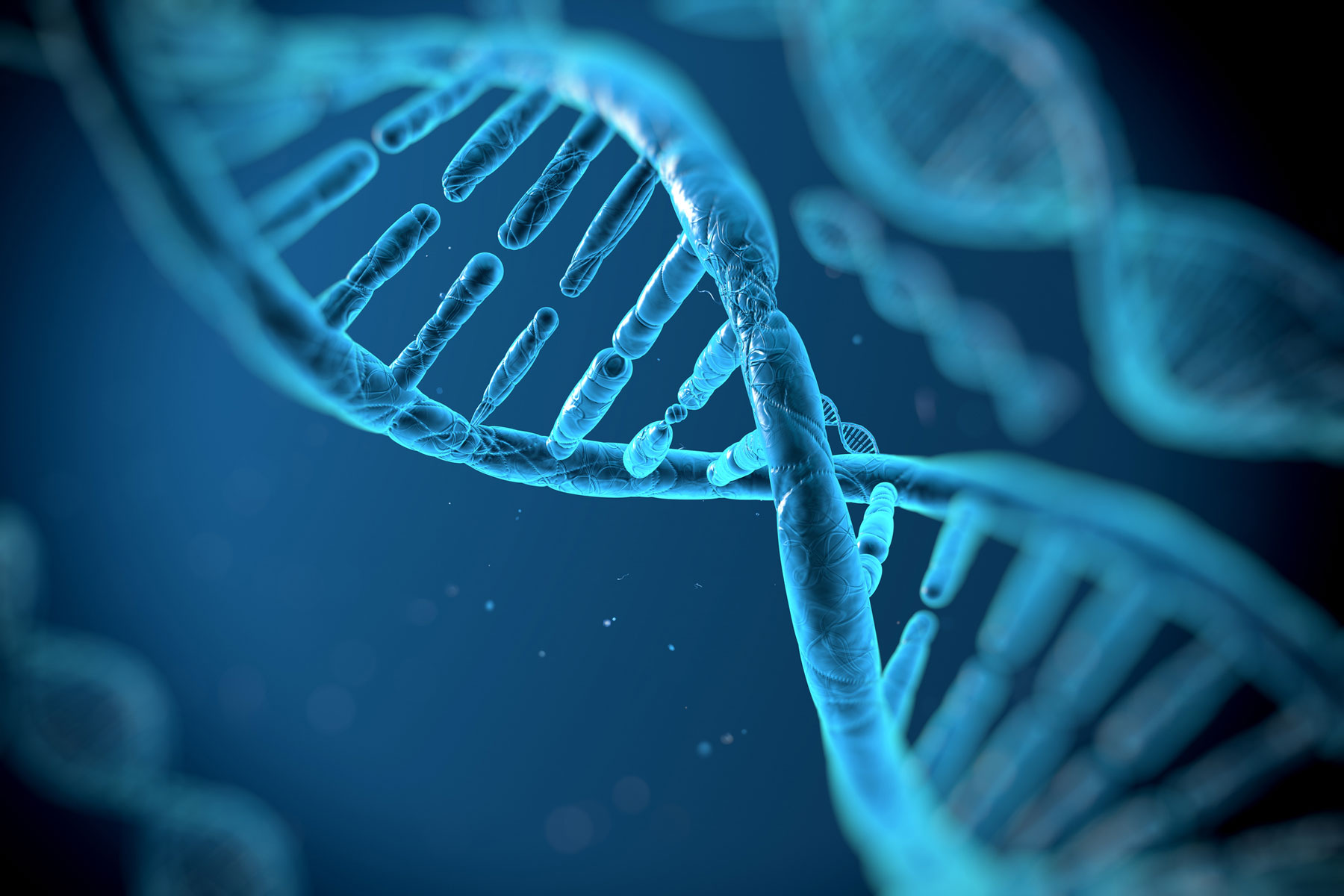third-generation, completely synthetic Camptothecin-based compound
Target: Recurrent Glioblastoma Multiforme (reGBM), Colorectal, Ovarian, Pancreatic Cancer and Non-Small Cell Lung Carcinoma (NSCLC)
Vivacitas’ lead development candidate (AR-67) is a third-generation, completely synthetic Camptothecin-based compound. Employing a proprietary synthesis method, AR-67 is a novel lipophilic compound which targets improved efficacy, tolerability, and stability.


